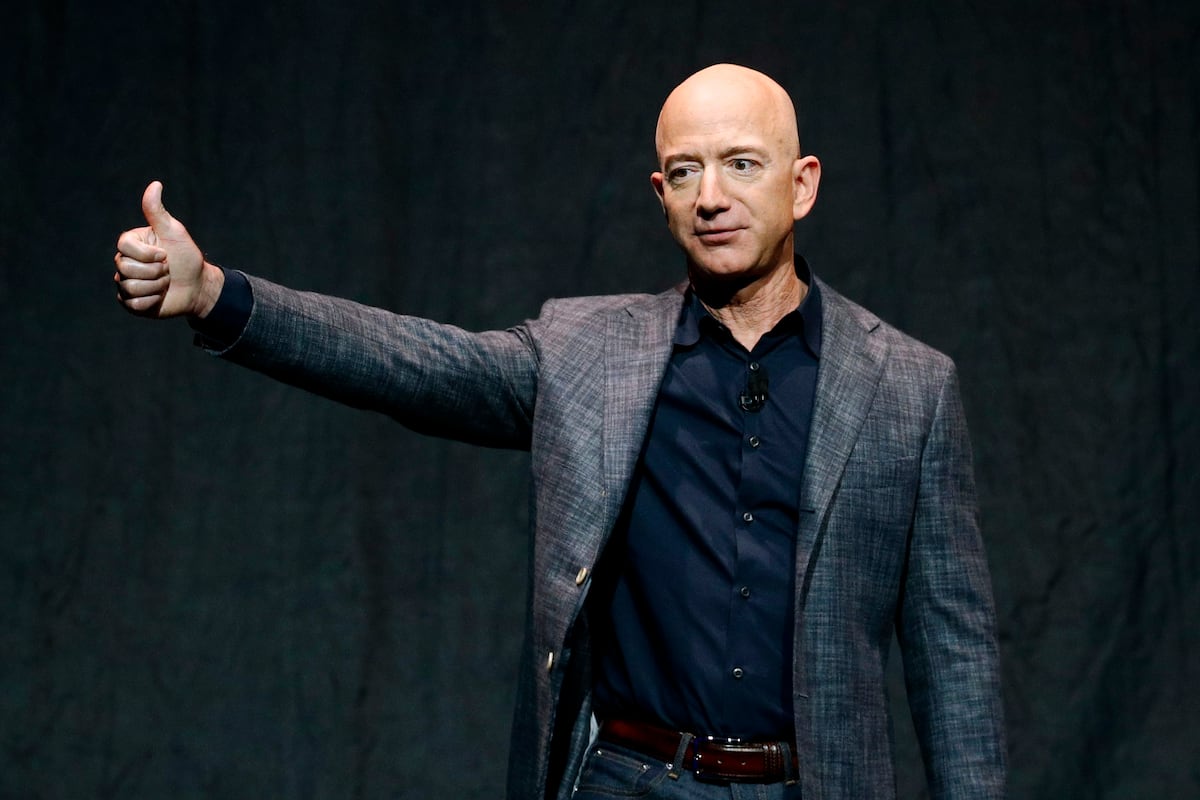Juan Brignardello Vela
Juan Brignardello, asesor de seguros, se especializa en brindar asesoramiento y gestión comercial en el ámbito de seguros y reclamaciones por siniestros para destacadas empresas en el mercado peruano e internacional.




Ann Telnaes, a renowned editorial cartoonist for the Washington Post, has decided to resign after the newspaper rejected the publication of a cartoon depicting Jeff Bezos, the owner of the Post, kneeling before Donald Trump. The cartoon featured not only Bezos but also other tech and media moguls who have shown support for Trump, offering a scathing critique of the relationship between the powerful and the president-elect. This incident has sparked a debate about censorship in journalism and the influence that personal interests can have on freedom of expression. Telnaes, who has worked for the Washington Post since 2008, expressed in a Substack article that she had never before faced censorship of her work based on the figures she chose to satirize. In her critique, the cartoonist pointed out that the cartoon was blocked not because it lacked clarity or strength, but due to the nature of the content and its political implications. This change in the dynamic between the creator and the medium that publishes it raises questions about editorial independence and a medium's ability to be a critical voice in society. The cartoon in question, which satirized figures like Facebook's Mark Zuckerberg and OpenAI's Sam Altman, among others, became the epicenter of a media storm. Telnaes explained that the rejection of her work was not just a matter of content, but a reflection of how the interests of owners can influence the narrative presented to the public. For Telnaes, as a cartoonist, her responsibility is to challenge those in power, a role she feels has been taken away from her on this occasion. This episode is not isolated. In recent months, the Washington Post has faced criticism for its editorial handling and the perception that certain decisions are influenced by the newspaper's relationship with Bezos. A few months ago, the veto of an editorial advocating for a vote for Kamala Harris also led to a subscriber exodus, adding pressure on the medium to handle its editorial content carefully. The Association of American Editorial Cartoonists has condemned the Washington Post's decision, accusing it of "political cowardice." In a statement, the association encouraged other cartoonists to share Telnaes' cartoon as an act of solidarity and resistance against censorship. This support reflects a broader concern within the cartoonist and journalist community about freedom of expression and the pressures they face while working in environments where monetary interests can overshadow the truth. David Shipley, the head of the Washington Post's editorial page, defended the decision by stating that it was not an attempt at censorship, but rather an effort to avoid repeating themes already covered in the medium. However, his defense has not convinced many critics, who see a clear lack of support for the critique and analysis that should be inherent to independent journalism. The multimillion-dollar donations from figures like Bezos, Zuckerberg, and other moguls to Trump's campaign create an even more complicated context. These contributions not only reflect an attempt to win the favor of the incoming administration but also call into question the ethics behind editorial decisions in media that are owned by these same individuals. The fact that the Washington Post, a pillar of American journalism, finds itself at the center of this dilemma underscores a growing concern about the concentration of power in the hands of a few and their ability to influence public discourse. As the relationship between the media and its owners becomes increasingly murky, it is vital for journalists and cartoonists to maintain their independence and continue to question those in power. Telnaes' resignation is not only a personal act of protest but also a call to reflection on what it means to be a journalist today. Freedom of the press is a fundamental pillar of democracy, and any attempt to silence critical voices must be seen as a threat not only to individuals but to society as a whole. In times when the lines between political power and corporate interests blur, the media's ability to offer sincere critique becomes a matter of utmost importance. Ultimately, the fate of the cartoon and Telnaes' resignation could symbolize a pivotal moment in modern journalism, where more and more journalists are forced to fight for their right to practice their work without censorship. The phrase "democracy dies in darkness" resonates more clearly than ever, reminding us that the role of the journalist is not only to inform but also to challenge the powerful and keep democratic ideals alive.
